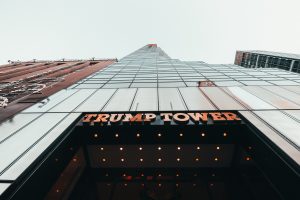Posted inLawsuits
An “All-Natural” Lawsuit
When consumers peruse the aisles of their favorite grocery stores, they will see a variety of labels plastered onto food products - anything from 100% Organic to Non-GMO to Non-RBST....

It has been a less than memorable couple of years for the Trump Organization. After an unsuccessful presidential run, Donald Trump has recently been announced as a defendant in an upcoming civil suit seeking 40 million dollars in restitutive damages. The civil suit, which has been brought upon by the New York State Attorney General, contends that Donald Trump and the Trump organization misinformed the public and engaged in illegal and deceptive business practices. This school that was unaccredited ran in various locations across the United States.